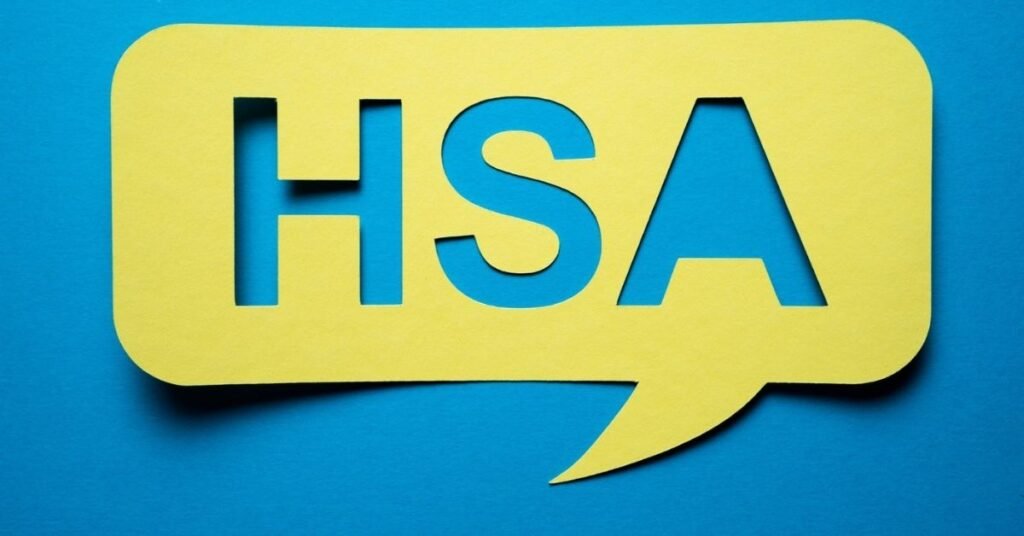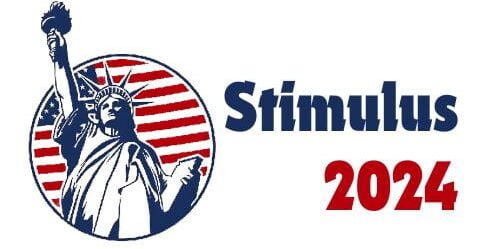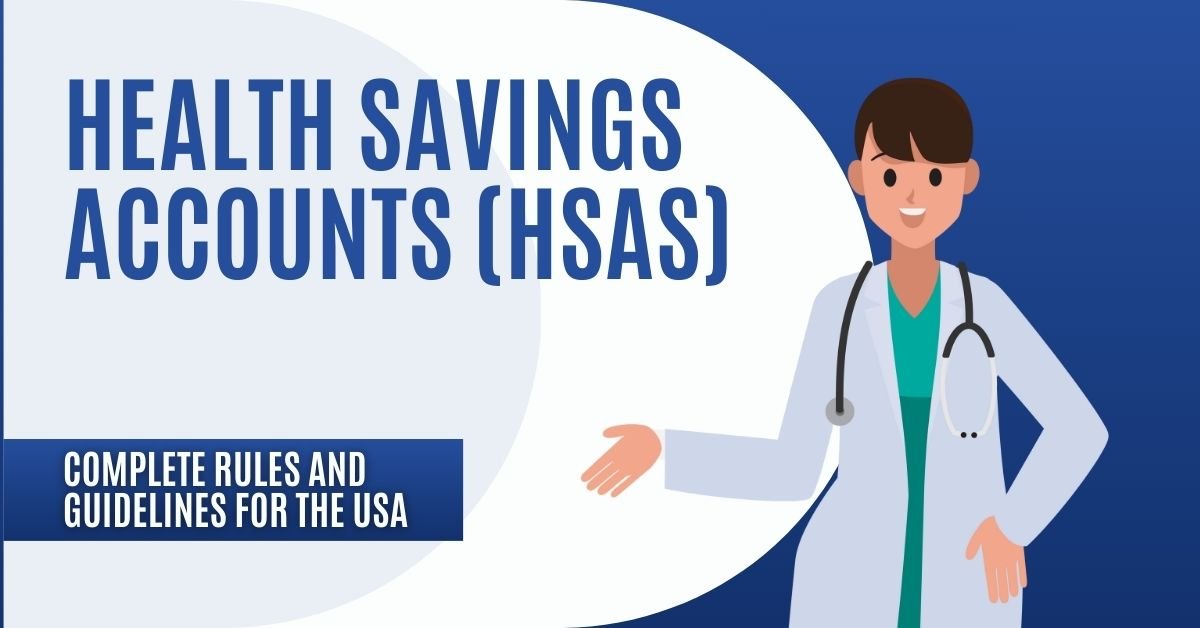Health Savings Accounts: HSAs are conservative finance tools for cutting down on the overall expenditure on medical costs and are also tax efficient.
However, there are certain procedural guidelines that dictate how HSA operates, such as eligibility, contribution, distribution and qualified withdrawals. It is important for one to comprehend these rules so as to fully enjoy the fruits of an HSA.
What is an HSA?
An HSA is a savings account that consumers use for health care costs in cases where they are involved in an HDHP. The account offers a triple tax advantage:
- Contributions are tax-deductible or made with pre-tax dollars.
- Earnings grow tax-free.
- Withdrawals for qualified medical expenses are tax-free.
Health savings accounts were introduced in 2004 during the enactment of the Medicare Prescription Drug, Improvement, and Modernization Act in a bid to help people afford health care.
Eligibility Rules for HSAs
To open and contribute to an HSA, you must meet the following requirements:
- Be enrolled in a high-deductible health plan (HDHP).
- Have no other health coverage (with certain exceptions).
- Not be enrolled in Medicare.
- Not be claimed as a dependent on another person’s tax return.
What is a High-Deductible Health Plan?
For 2024, an HDHP must have:
- A minimum deductible of $1,600 for individual coverage or $3,200 for family coverage.
- An out-of-pocket maximum of $8,050 for individual coverage or $16,100 for family coverage.
Eligible HSA Expenses

When using an HSA, to maximize the tax benefits of this type of account, you have to spend your HSA money on qualified medical expenses. The IRS defines such expenses as those that relate to the diagnostic, preventative or cure of a disease or that touch any part or organ of the body.
Common Eligible Expenses:
- Medical: Doctor visits, hospital care, and prescriptions.
- Dental: Routine checkups, braces, and dentures.
- Vision: Eye exams, glasses, and contact lenses.
- Other: Mental health services, fertility treatments, medical supplies like bandages, and even service animals.
Examples of IRS-Eligible Medical Expenses:
- Acupuncture
- Ambulance services
- Birth Control
- Chiropractic care
- Eyeglasses
- Hearing aids
- Surgery (medically necessary)
- X-rays
Non-Eligible HSA Expenses
Any expense paid for using HSA funds must not be considered by the IRS as being for something that is beneficial to the individual’s general health or is for something other than the cure of a physical or mental disease.
Common Non-Eligible Expenses:
- Cosmetic surgery (unless medically necessary)
- Gym memberships
- Maternity clothes
- Teeth whitening
- Vitamins or supplements (unless prescribed)
- Health insurance premiums (with some exceptions, such as COBRA or Medicare Part B, C, and D after age 65)
HSA Contribution Rules
For 2024, the IRS has set the following HSA contribution limits:
- $4,150 for individual coverage.
- $8,300 for family coverage.
- $1,000 catch-up contribution for individuals 55 or older.
The contributions may be made by the employee, the employer or both, but the total contribution depends on the set limit by the IRS. Employer contribution is an element that decreases one’s personal contribution level.
HSA Withdrawal Rules
Your HSA funds are tax-free and you may use them on any of the qualified medical expenses at any period of time you wish. However, nonqualified withdrawals are subject to taxes and penalties.
- Before age 65: Nonqualified withdrawals incur a 20% penalty plus regular income tax.
- After age 65: Nonqualified withdrawals are only subject to regular income tax but no penalty.
HSA Reimbursement Rules
The health savings account is useful when you have to pay for a medical bill in cash since you can actually be paid back from the HSA later. The reimbursement can take as long as it can so that one can maximize on the account. However, you need to keep receipts in case of an audit by the Internal Revenue Service, frequently abbreviated as IRS.
Using an HSA in Retirement
They can also be used for retirement savings within a specified time span once the money is deposited into the account. HSAs are available only for individuals with high deductibles and they can be used for reimbursement of some health-related expenses from age 65 years without incurring any penalty.
While any other withdrawal made from an HSA will be taxed, the medical withdrawals will not be, thus making HSA an important tool for medical expenses competing for retirement.
Health Savings Accounts are a financial tool that can provide the users with valuable tax incentives; on the other hand, they remain relatively rigid as to the criteria to qualify for this account or to make or receive the types of distribution.
Understanding this distinction, the amounts deductible and allowed contribution, as well as withdrawal from the HSA penalty-free, consolidates the benefits from it and observes the legal standards laid down by the IRS.
FAQs
Q. Who is eligible to open an HSA?
A. You must be enrolled in a high-deductible health plan (HDHP) and meet certain requirements, including not having other health coverage or being claimed as a dependent.
Q. What are the HSA contribution limits for 2024?
A. For 2024, the contribution limits are $4,150 for individuals contributing while $8,300 for families contributing. Spouses of the contributors can invest $1,000 each, while those who are 55 years or older can invest $1,000 more.
Q. Can I use my HSA for non-medical expenses?
A. If you are before 65, the non-medical distributions are subjected to a 20% penalty as well as income tax. Where a person withdraws benefits from the fund prior to reaching the age of 65, nonclinical withdrawals are taxed on the basis of income only.

